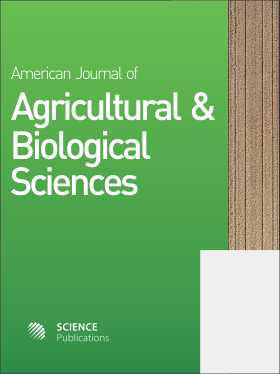Evaluation of Neuropharmacological Activities of Stephania venosa Herb Consumption in Healthy Rats
- 1 Integrative Complementary Alternative Medicine Research and Development Group, Khon Kaen University, Khon Kaen, 40002, Thailand
- 2 Division of Physiology, School of Medical Science, University of Phayao, Phayao, 56000, Thailand
- 3 Department of Physiology, Faculty of Medicine, Khon Kaen University, Thailand
Abstract
Public concern on mental health has noticeably increased given the high prevalence of neuropsychiatric disorders especially anxiety and depression. Most of the drugs for these conditions used nowadays have adverse side effects so the need for newer, better-tolerated and more efficacious treatments is remaining high. Growing attention is being paid to traditional herbal medicines. Stephania venosa Spreng (S. venosa; SV) is a Thai traditional herb which has been used for cancer treatment as well as an aphrodisiac. In addition, accumulating lines of evidence reported that the ethanol extract of SV exhibited an antioxidant and exerted acetylcholinesterase inhibitory. However, the in vivo neurophamacological activities of this plant have never been studied. The aim of this study was to examine the neurophamacological effects of a crude extract of SV introduced orally at various doses ranging from 5, 10 and 20 mg kg-1 BW once daily for a period of 2 weeks. The anxiolytic and anti-depression like activities were determined after single administration, 1 and 2 weeks of treatment using elevated plus maze and forced swimming test respectively. Only SV 20 mg kg-1 treated rats exhibited a significant anxiolytic effect at all treatment duration. Unfortunately, this substance failed to show anti-depression like activity. Our findings provide a potential of the SV consumption might be used as a novel therapeutic strategy for the anti-anxiety disorder. However, further investigations about possible active ingredients and the precise underlying mechanisms are still necessary.
DOI: https://doi.org/10.3844/ajabssp.2012.271.277

- 6,276 Views
- 6,161 Downloads
- 0 Citations
Download
Keywords
- Stephania Venosa
- Anxiolytic Effect
- Traditional Herbal Medicine
- Anti-Depression
- Neuropharmacological Activities
